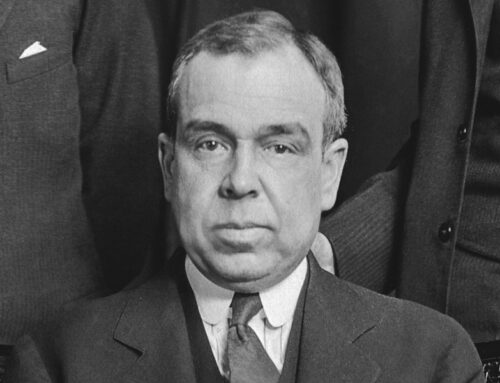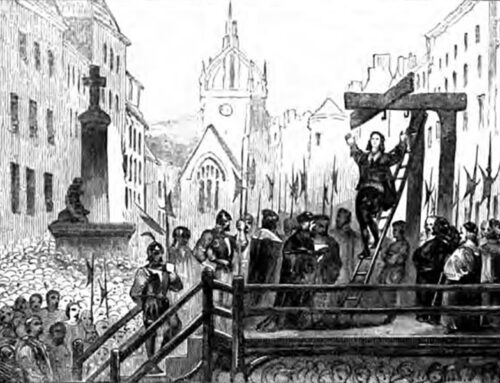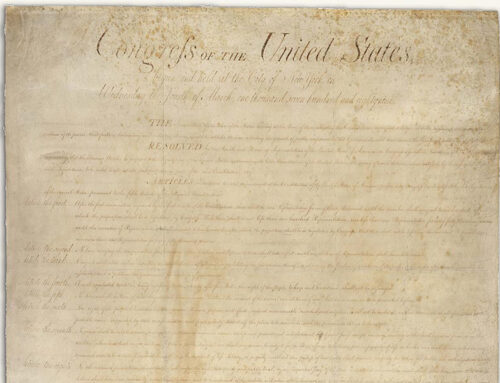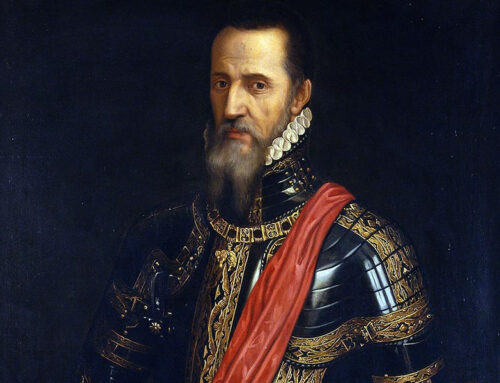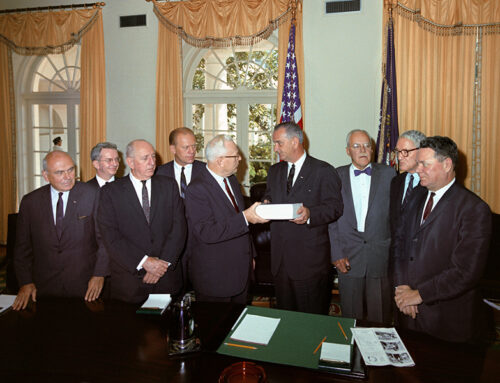

“Do you not say, ‘There are yet four months, then comes the harvest’? Look, I tell you, lift up your eyes, and see that the fields are white for harvest.” —John 4:35
The Cambridge Seven Arrive in Shanghai, March 18, 1885
 mericans became aware of a great Scottish athlete by the name of Eric Liddell through a popular theatrical-release film in 1981, Chariots of Fire. He was the son of a missionary to China and was devoted to returning there himself, to preach the Gospel after graduating from the University of Edinburgh. He qualified to run in the 1924 summer Olympics in Paris, and won the gold medal in the 400 Meters race, and returned to China the following year. Liddell was not the first athlete to leave Britain for China to preach the Gospel. He was following in the footsteps of seven elite athletes from Cambridge University, who entered the ancient kingdom as missionaries together on March 18, 1885.
mericans became aware of a great Scottish athlete by the name of Eric Liddell through a popular theatrical-release film in 1981, Chariots of Fire. He was the son of a missionary to China and was devoted to returning there himself, to preach the Gospel after graduating from the University of Edinburgh. He qualified to run in the 1924 summer Olympics in Paris, and won the gold medal in the 400 Meters race, and returned to China the following year. Liddell was not the first athlete to leave Britain for China to preach the Gospel. He was following in the footsteps of seven elite athletes from Cambridge University, who entered the ancient kingdom as missionaries together on March 18, 1885.
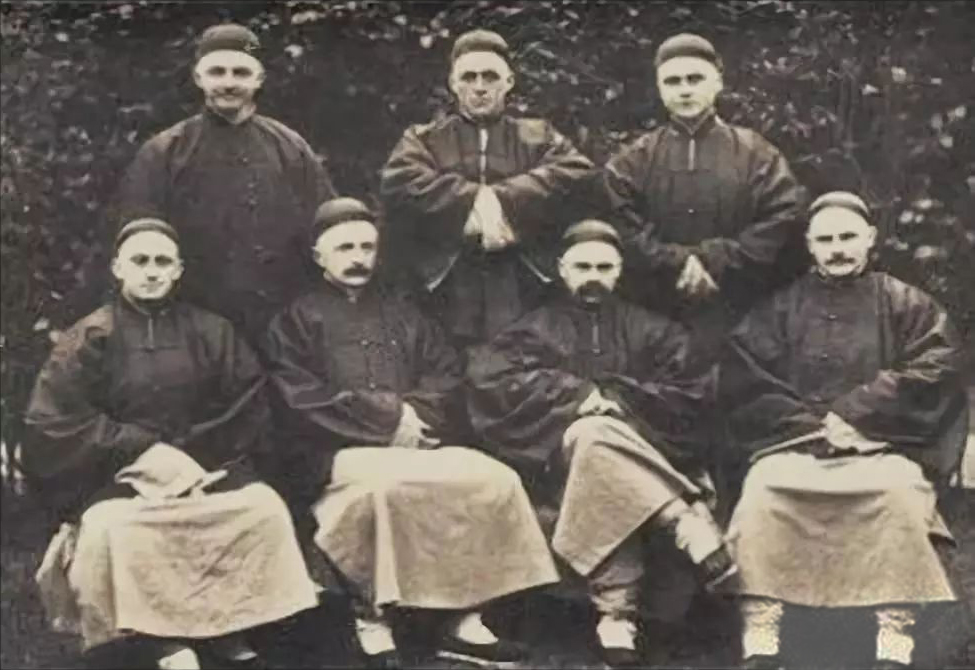
The Cambridge Seven in Mandarin garb, 1885
The seven missionaries were Montagu Harry Proctor Beauchamp, William Morton Cassells, Dixon Edward Hoste, Arthur T. Polehill-Turner, Cecil H. Polehill-Turner, Stanley P. Smith and Charles Thomas Studd (“C.T.”). Humanly speaking, it all began with the conversion of Smith in 1880, after he heard a sermon by visiting American evangelist Dwight L. Moody. He and a fellow Christian student witnessed to and prayed for the salvation of their friend Beauchamp, which occurred the following year. Both men were on the Cambridge rowing team, and, along with his brother, prayed for their teammate Dixon Hoste, who was also served as a commissioned officer in the British army. William Cassells was already a believer studying for the ministry and was also a rowing team member. Cecil Polehill-Turner, also an army officer and student at Cambridge, joined his brother Arthur to hear Moody preach on another occasion, and both were converted after a year-long spiritual struggle.
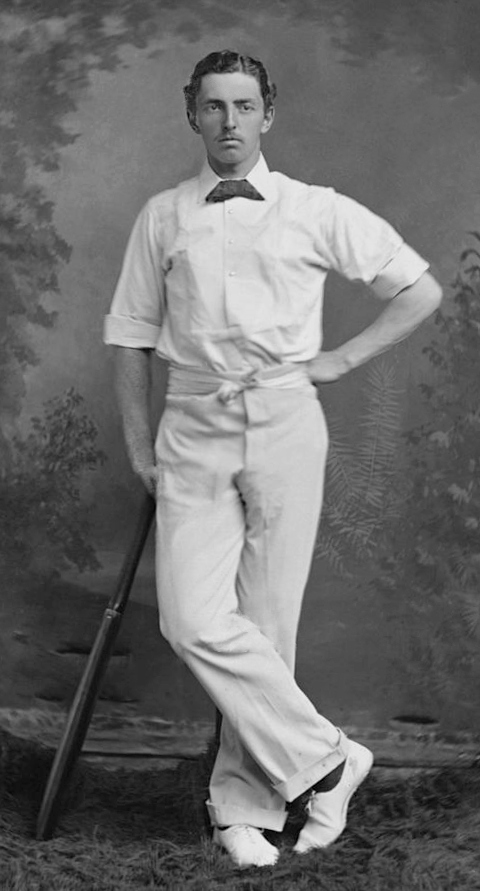
Charles Thomas “C.T.” Studd (1860-1931), one of the Cambridge Seven
C.T. Studd was the greatest cricket batsman in the world and son of a millionaire. His father had come to Christ in 1877, and shortly thereafter C.T. and his two brothers professed faith in Christ. His role as the captain of the cricket team and basking in the light of his own fame, C.T. realized he had drifted from the faith. In 1884 he renewed his total commitment to God and determined to serve in foreign missions. All seven athletes travelled the United Kingdom witnessing on college campuses, to the power of the Gospel and the necessity of repentance and faith.
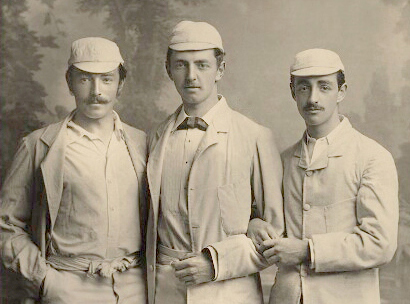
The Studd Brothers
Hudson Taylor founded China Inland Missions (CIM) in 1865, to bring the Gospel to the millions of Chinese who had never heard of Jesus Christ. One by one the Cambridge Seven decided to join CIM and sail to China together. They served there, some of them to the end of their lives. Dixon Hoste accepted the directorship in 1900, after the Boxer Rebellion, in which fifty-eight CIM missionaries and twenty-one children were murdered by the revolutionaries.
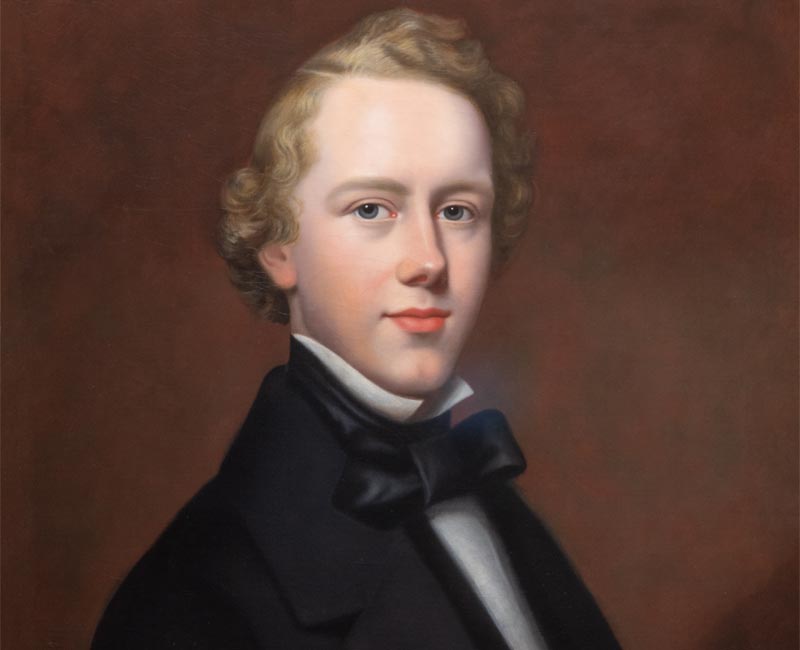
Hudson Taylor (1832-1905) at age 21 during his first visit to China
Charles Studd, a plain-spoken, manly athlete, gave away his inheritance to various Christian mission agencies, several million pounds by today’s standards, and joined with the other six Cambridge men. He married the daughter of a fellow missionary on the field and fathered four daughters, about whom he said: “to teach the Chinese the value of baby girls.” Speaking of his missionary work, Studd said:
“Some want to live within the sound of the chapel bell; I want to run a rescue shop within a yard of hell.”
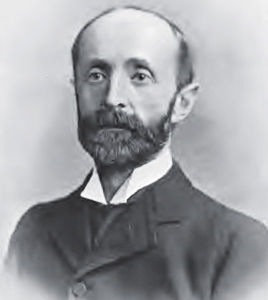
Dixon Edward Hoste (1861-1946), longest lived of the Cambridge Seven
His long missionary service also took him to pastorates in India and Africa. He conducted a tour of the United States in which he inspired many young people to be sensitive to God’s calling to enter the far-flung lands and peoples who were utter strangers to the Saviour.
The mission field can be terribly physically demanding, as well as spiritually difficult. God called out seven men at once, physically powerful, capable leaders, and spiritually devoted to Christ to bring thousands to Himself where He had a harvest awaiting the sowers.
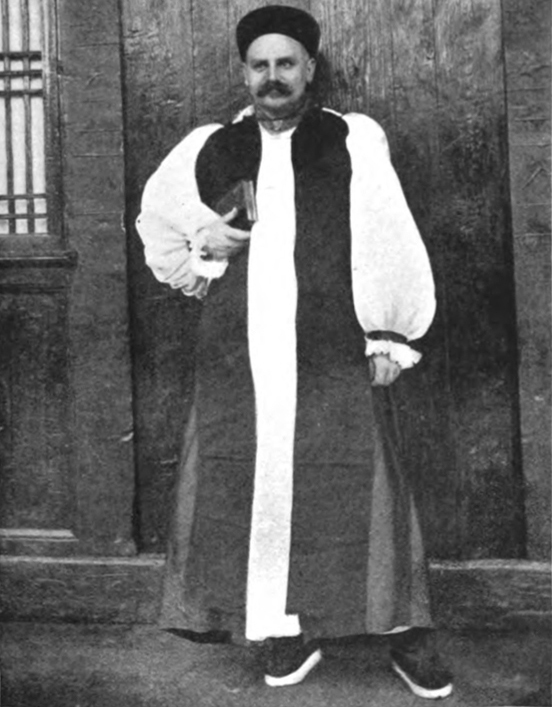
William Wharton Cassels (1858-1925), member of the Cambridge Seven


